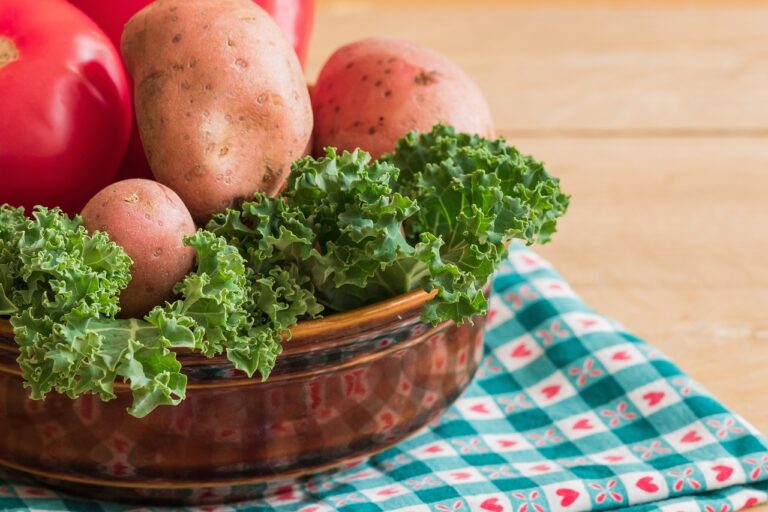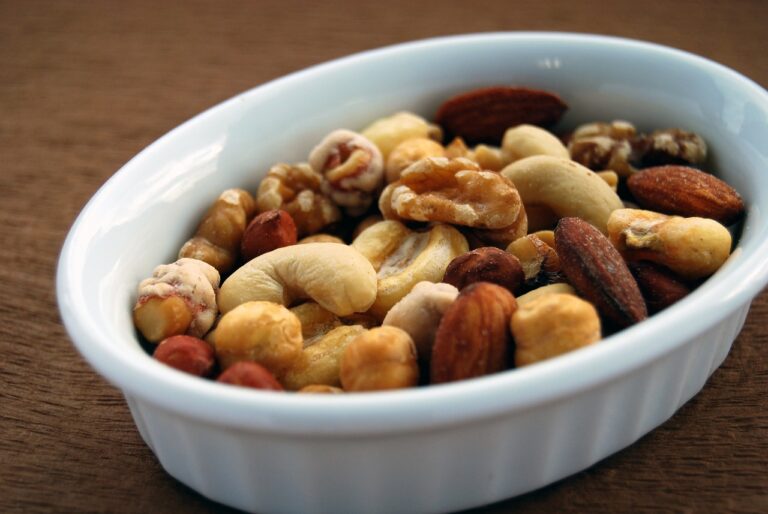Food and Ethics: Examining the Moral Implications of Food Choices
Farmers and agricultural producers play a crucial role in feeding the world’s population. However, ethical considerations in agriculture and farming practices have become increasingly important as society becomes more mindful of the impact of food production on the environment and animal welfare.
One key ethical consideration is the use of pesticides and fertilizers in farming. While these inputs can increase crop yields, they can also have negative effects on the environment and human health if used improperly. Farmers must balance the need for pest control and soil fertility with the potential risks associated with chemical inputs, taking into account long-term sustainability and the health of ecosystems.
Impact of Food Choices on the Environment
Our food choices play a crucial role in the health of our planet. From the deforestation linked to agriculture expansion to the greenhouse gas emissions from livestock farming, the environmental impact of what we choose to eat is significant. Livestock production, for example, is a major emitter of methane, a potent greenhouse gas that contributes to climate change. By opting for more plant-based alternatives or sustainably sourced animal products, we can lessen our carbon footprint and help mitigate the environmental damage caused by certain foods.
In addition to greenhouse gas emissions, food production also uses vast amounts of water and contributes to water pollution through runoff from fields treated with pesticides and fertilizers. By making mindful choices about the foods we consume, we can help conserve precious water resources and reduce pollution in our waterways. Choosing locally sourced produce can also help reduce the carbon footprint of our meals by cutting down on transportation and storage emissions. Making informed food choices not only benefits our personal health but also has a far-reaching impact on the environment.
Animal Welfare and Ethics in Food Production
Animal welfare in food production is a topic that is gaining increasing attention from consumers, regulatory bodies, and industry stakeholders. The ethical treatment of animals raised for food is a crucial concern in modern agricultural practices. It is essential for farmers to prioritize the health and well-being of the animals under their care, ensuring that they are housed, fed, and handled in a manner that promotes their welfare.
Ethical considerations in food production extend beyond the physical treatment of animals to encompass broader issues such as living conditions, transportation, and slaughter practices. Consumers are becoming more conscious of the ethical implications of their food choices, leading to a demand for greater transparency and accountability in the food production chain. As a result, many food producers are adopting more humane practices and certifications to meet the growing ethical standards of the industry.
• Consumers, regulatory bodies, and industry stakeholders are increasingly focused on animal welfare in food production
• Farmers must prioritize the health and well-being of animals in their care
• Ethical considerations include living conditions, transportation, and slaughter practices
• Demand for transparency and accountability in the food production chain is growing
• Many food producers are adopting more humane practices and certifications
What are some ethical considerations in agriculture and farming practices?
Some ethical considerations in agriculture and farming practices include ensuring the humane treatment of animals, minimizing environmental impact, and promoting sustainability in food production.
How do food choices impact the environment?
Food choices can impact the environment through factors such as deforestation, greenhouse gas emissions, water usage, and pollution. Choosing sustainable and ethically produced food can help minimize these impacts.
Why is animal welfare important in food production?
Animal welfare is important in food production as it ensures that animals are treated humanely and with respect. This not only aligns with ethical values but also contributes to the quality and safety of the food produced.
What are some ways to promote animal welfare in food production?
Some ways to promote animal welfare in food production include providing adequate living conditions and space for animals, ensuring access to food and water, implementing humane handling practices, and avoiding unnecessary stress or harm to animals.







